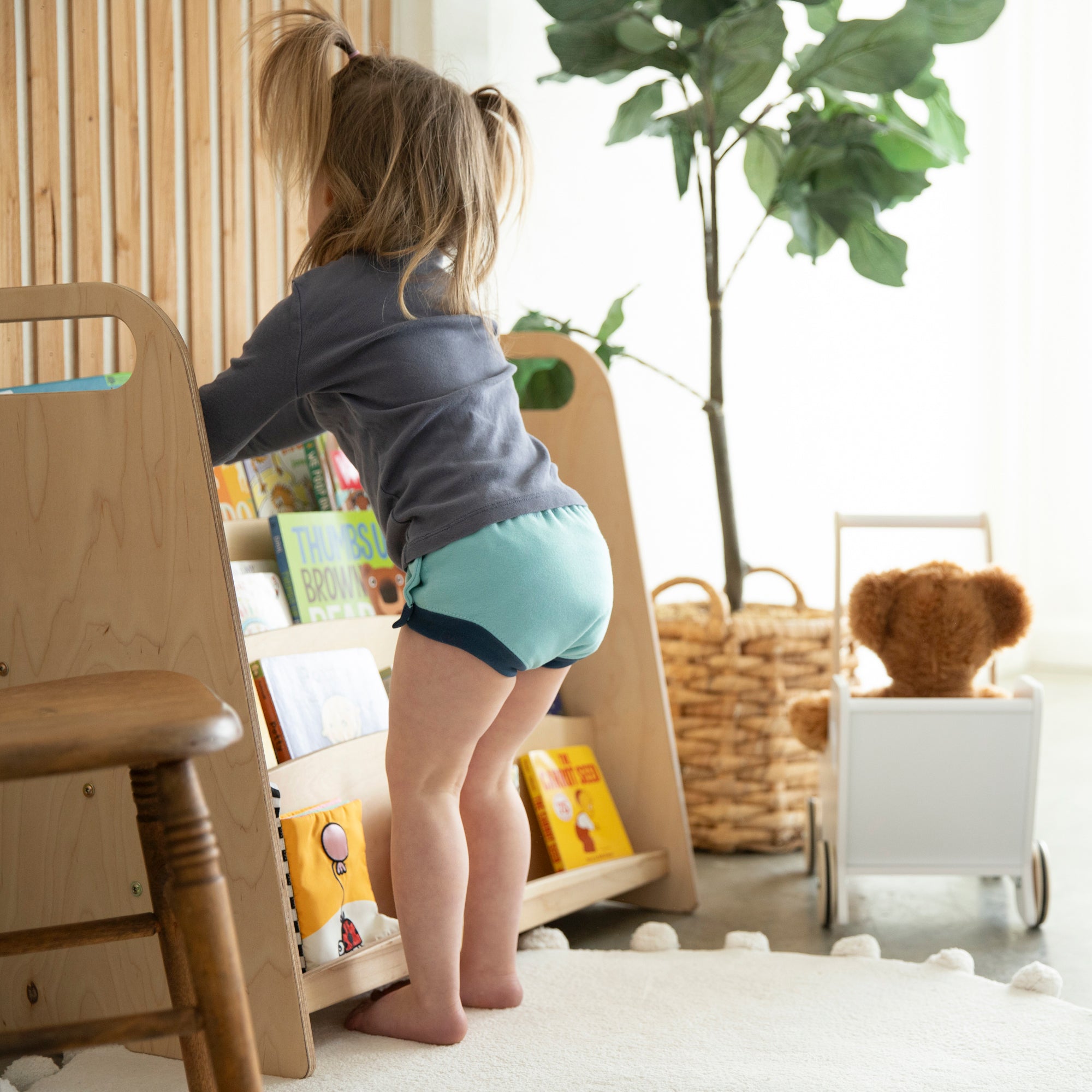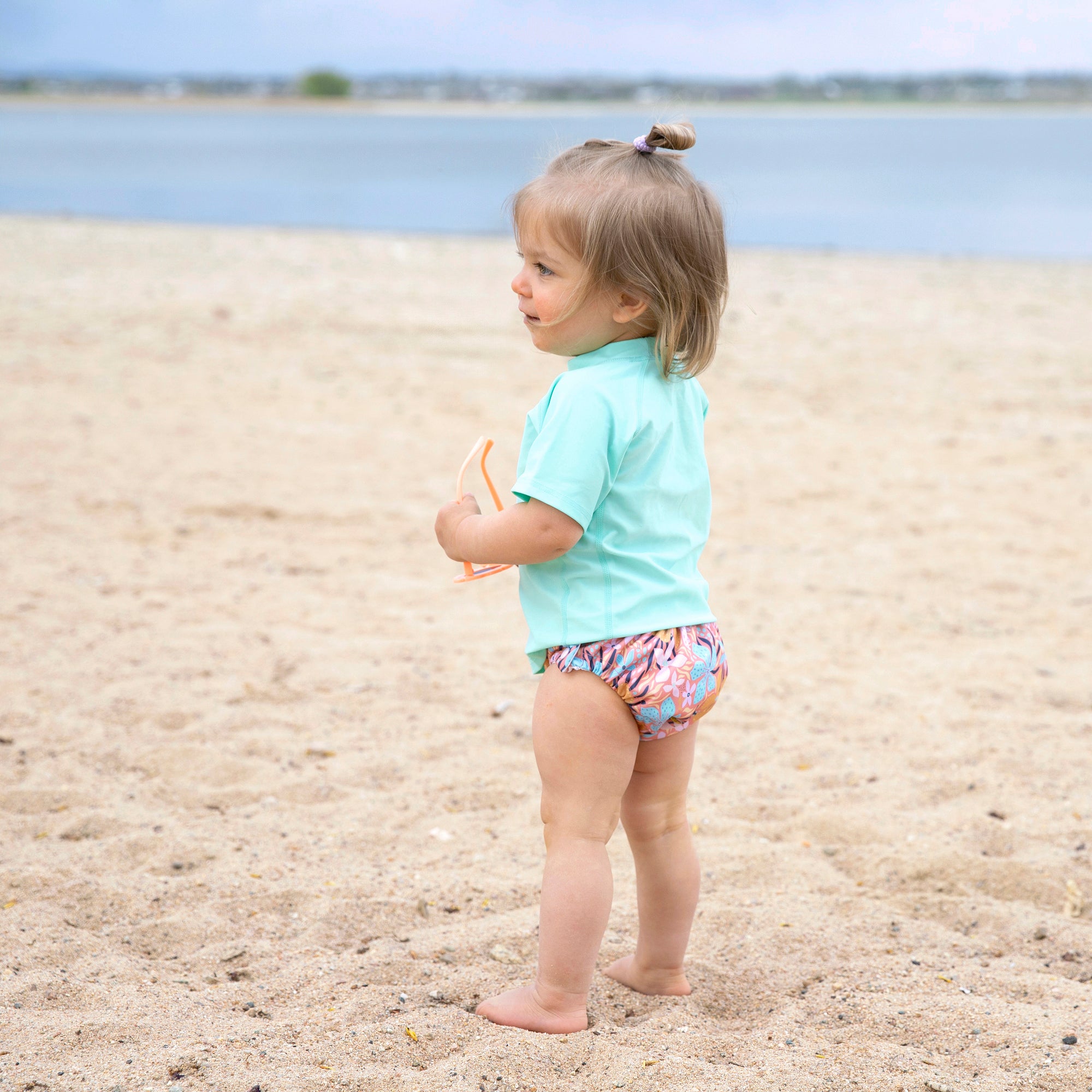
A recent topic in our Facebook group has been potty training children past the age of 2
(and who decided that age anyway?)
If your little one is soaring past 2, 3, 4, 5 and older, you are not alone, your child is not "behind" and there is nothing to gain by worrying about when potty process will begin.
*if you have medical concerns about your child, such as constipation, diarrhea, food allergies, pain, straining or nausea, please consult your doctor*
Sometimes, our little ones need a little help until their muscles have developed, and their brain can properly communicate with those muscles to make everything go smoothly. And sometimes, this isn't until well into school age. In past generations, potty training has been treated as a behavioral milestone, not a physiological one, and often punitive measures were taken to hasten the process. We now know that patience and guidance is what works, and if your child needs more time and is not battling medical or emotional hurdles, we are here to help with that process!
*If your child is non-verbal, have a discussion with their doctor or therapist on the most effective way to communicate with your child on this process*
Tips Potty Training Older Children
❤️ Bring your child with you or your partner into the bathroom on occasion, so they can see and understand what happens in the bathroom. The noises of flushing, washing hands, bathroom fans running can be overwhelming, so exposing them to this in a gentle setting can help.
❤️ During diaper changes, use the anatomically correct words for what is happening. Different muscles control urine and fecal output, so telling them "you went pee pee/poop in your diaper" can help them identify which urges have that specific result.
❤️ Understand that you will have many unsuccessful attempts along the way, and that is ok!
❤️ Life changes, such as a new sibling, starting school, a move, a work assignment or deployment, can mean your child will regress. Allow some time to pass before starting over, and if your child is hesitant, have a discussion about how you can help them. It is normal for months to go by when a significant change happens before your child will want to start again.
❤️ Rewards may help, finding a chart or system for successful attempts can be motivating for some children. Make sure that they don't "lose" their incentives if they are not successful, and make the reward short-term enough to where it can be earned in a few days.

A few products that can help:
- Potty Training Pants: Coming in 4 sizes for a range of little ones, enough absorbency to catch or hold one accident for those first car trips, a wetness reminder, or light protection for newly trained children.
- The XL Pocket diaper: Trainers can be great tools, but sometimes your child needs the absorbency of a diaper still. The XL Pocket diaper fits 40-60+ pounds, and can be stuffed with prefolds, inserts, whatever absorbs well in your diaper collection.
Remember, parenting is a marathon, marked by milestones of love and acceptance. While this journey may have a few extra hurdles, the end result is what matters = a moment where you and your child know that patience paid off after a gentle learning process.





Great tips!
My son has been daytime potty trained since 2.5. Never has accidents during the day. But he still pees every single night but wants to be rid of the diaper. Do the trainers hold up for overnights?
My son has been daytime potty trained since he was 2.5. Never has accidents during the day. He’s now 4 but still pees at night. Do the potty training pants hold up overnight?
You're viewing 26-28 of 28 comments